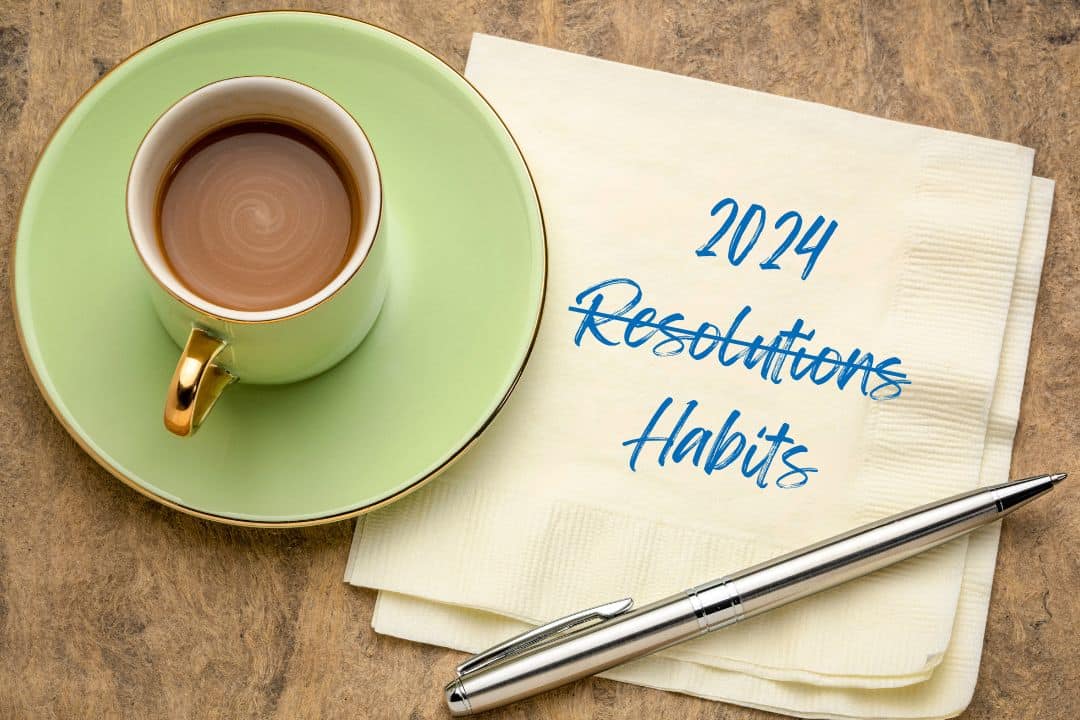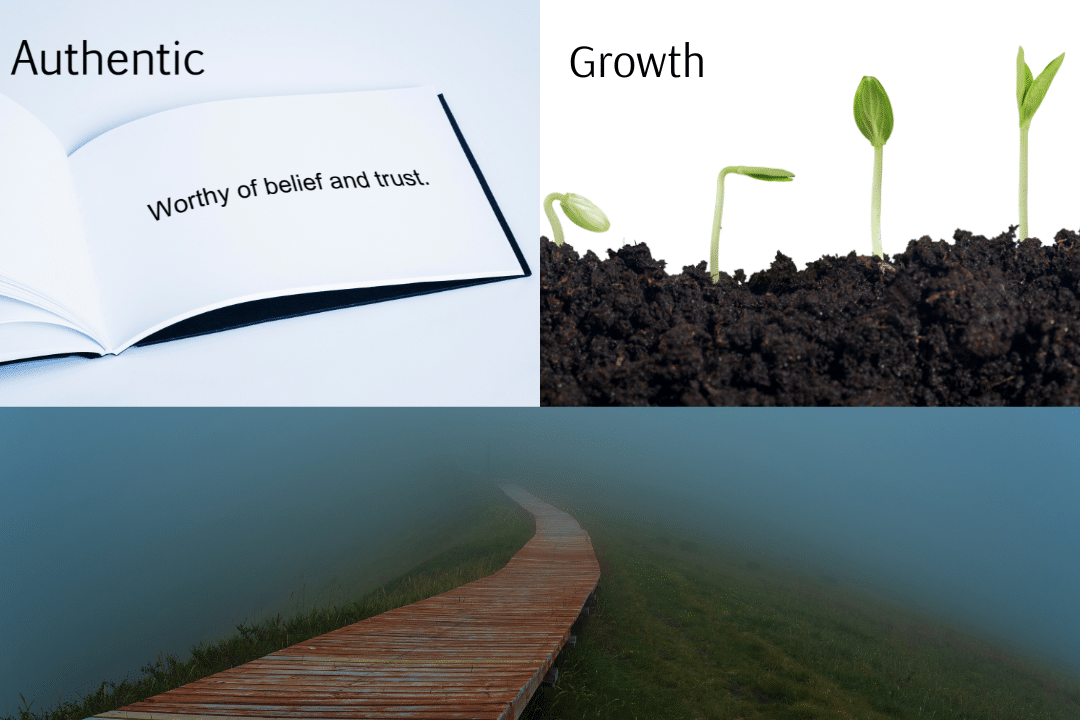Embracing Vulnerability In the midst of my own disheartenment, I made the courageous decision to…
10 Kaizen-Inspired Hacks for Successful New Year’s Resolutions ✨

As we enter the new year, many of us are thinking about our resolutions and goals for the upcoming months. Developing and maintaining new habits can be a challenge, yet with the right approach, it can become easier and more enjoyable. One such approach is the Kaizen method, which focuses on continuous improvement through small, consistent steps. In this blog post, we will explore 10 Kaizen-inspired hacks to help you form and stick to your New Year’s resolutions.
1. Start with small and achievable goals: It’s tempting to set ambitious goals, yet starting with small steps is key. For example, if you want to exercise regularly, begin with a five-minute workout each day and gradually increase the duration. This approach sets you up for success and builds momentum over time.
2. Practice the habit daily: Consistency is essential when forming habits. By doing the behavior every day, you reinforce its importance and create a sense of stability. Even if you miss a day, it’s okay. The key is to get back on track and not break the habit chain.
3. Use triggers and reminders: Triggers and reminders are helpful tools for forming habits. If, for instance, you want to drink more water, set reminders on your phone to drink water regularly or keep a water bottle in plain sight as a visual cue.
4. Celebrate your progress: Celebrating small milestones is crucial in forming new habits. It keeps you motivated and reinforces your progress. For example, if you want to develop a reading habit, celebrate finishing a book by sharing what you learned or writing a review.
5. Create a supportive environment: Surrounding yourself with people who support and encourage your new habit makes it easier to stick to it. If you want to eat healthier, stock up on fruits and vegetables and consider joining a community of like-minded individuals.
6. Track your progress: Keeping track of your progress helps you identify patterns, challenges, and areas for improvement. Use a journal or habit-tracking apps to record your daily progress.
7. Make it fun: Adding a playful element to your habit-forming process can make it more enjoyable and sustainable. Turn your habit into a game or a friendly competition. For example, if you want to meditate daily, challenge yourself to meditate for longer periods or try different meditation techniques.
8. Find an accountability partner: Having someone to hold you accountable can greatly increase your chances of sticking to your resolutions. An accountability partner can be a colleague, friend, or family member who checks in with you, provides support, and celebrates your progress.
9. Embrace failure as part of the process: It’s normal to face obstacles and experience setbacks when forming habits. Embracing failure as a learning opportunity allows you to adapt and grow. Use setbacks as a chance to reflect, learn from your mistakes, and adjust your approach.
10. Pay attention to your cues: Understanding what triggers your behavior is key to making positive changes. If you find yourself snacking late at night, identify the cause and find a solution, such as setting an earlier dinner time or finding healthier alternatives.
Conclusion: Forming habits is an ongoing journey that requires time, patience, and dedication. By incorporating Kaizen-inspired hacks into your New Year’s resolutions, you can break down the process into manageable steps and make it a rewarding experience. Remember to start small, track your progress, create a supportive environment, and stay consistent. As you practice these habits, you’ll find that they become ingrained in your lifestyle, helping you achieve your goals and continuously improve throughout the year.



